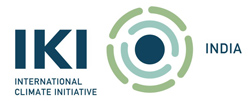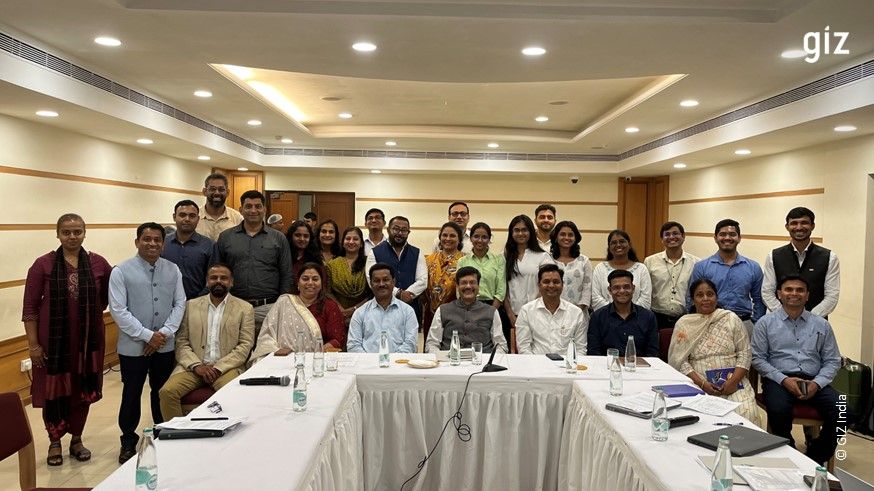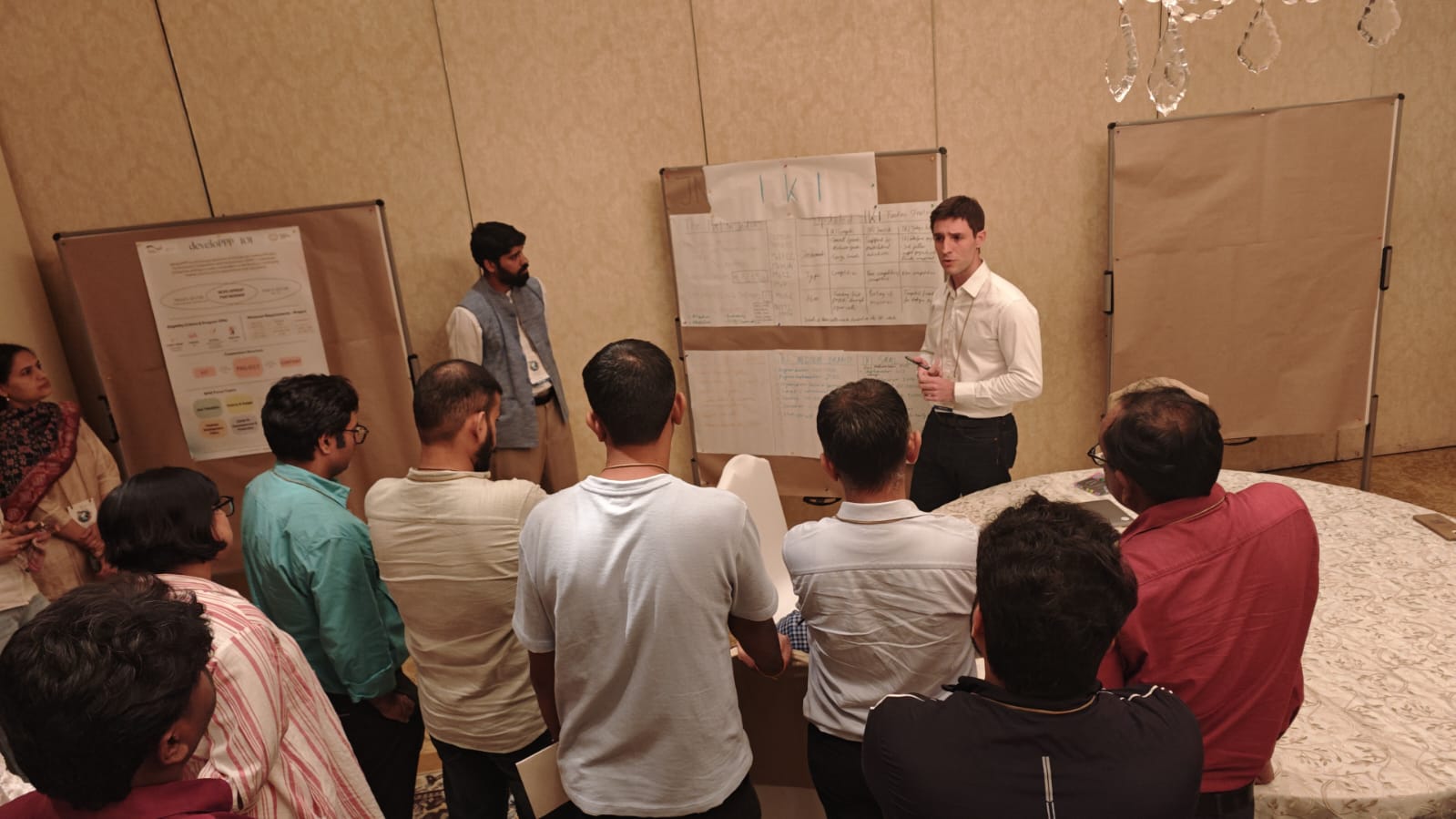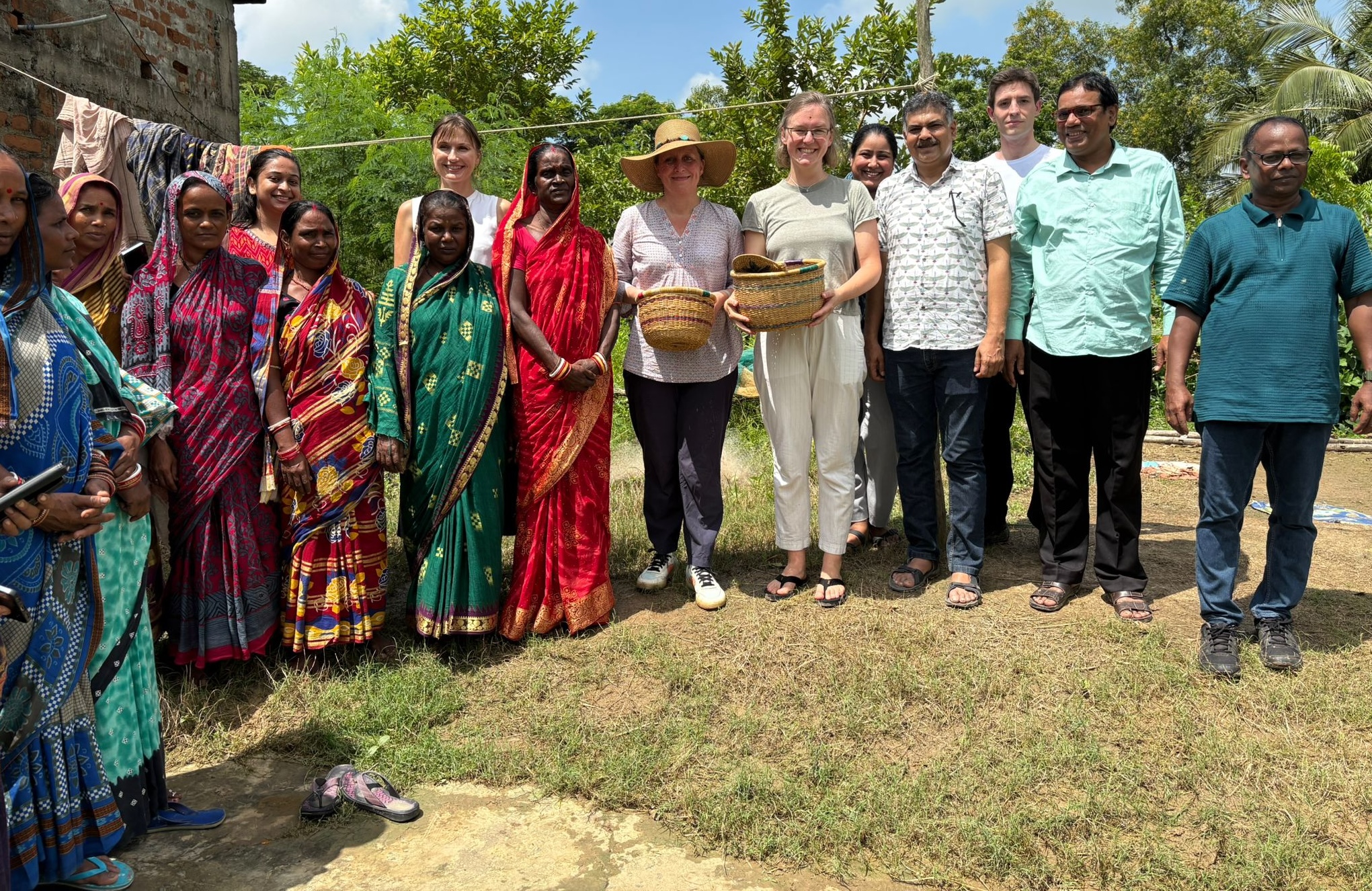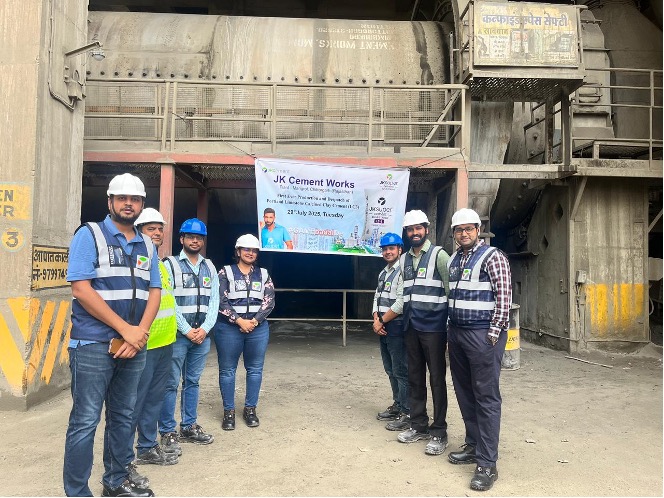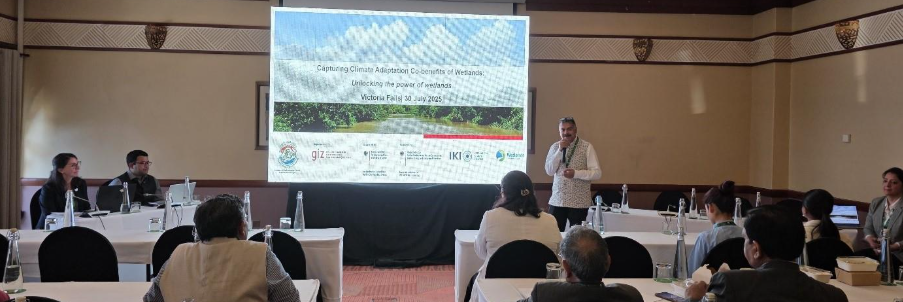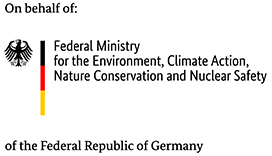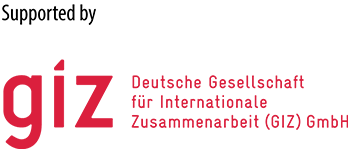Indo-German Support Project for Climate Action in India
July-September | 2025Bilateral
Mitigation of Climate Change
Link To Project: Click Here
Advancing Climate Co-Benefits Methodologies, Low-Carbon Technologies, and Collaboration through the IKI India Interface Project.
Project Updates
Advancing Climate Co-Benefit Methodologies in India
Together with its consortium partners Oxford Policy Management, the Council on Energy, Environment and Water (CEEW), and Perspectives Climate Group, the IKI Interface Project is piloting climate co-benefit methodologies to assess the climate impacts of India’s Single-Use Plastics (SUP) ban and Urban Forestry schemes in Maharashtra and Tamil Nadu. Backed by extensive expert feedback and consultations with 15 state departments and over 30 private companies and public sector enterprises, the two methodologies capture how policies and programmes generate unintended co-benefits such as emission reductions, strengthened adaptation, and increased resilience. Two state-level workshops in Maharashtra helped validate their feasibility and data requirements, with similar workshops planned in Tamil Nadu. Once finalised, the methodologies will be made openly accessible to enable wider application across public and private sectors.
India Achieves a Breakthrough in Green Cement: First Commercial Production of LC3
India achieved a key milestone in July 2025 with the first-ever commercial production of Limestone Calcined Clay Cement (LC3)—a Made-in-India innovation that reduces carbon emissions by up to 40% compared to traditional cement. Anchored by IIT Delhi with technical support under the IKI India Interface Project, LC3 commercial production marks a major step toward decarbonising one of India’s most emission-intensive industries. The first commercial production was led by JK Cement Ltd. in Rajasthan, with the LODHA Group as the first buyer for the first ever commercial use in a real estate project in Mumbai. Through collaboration with the Rocky Mountain Institute (RMI), the initiative helped build industry confidence and regulatory readiness for wider adoption. LC3’s entry into commercial markets positions India as a frontrunner in green construction and sets the stage for scaling low-carbon building materials nationwide.
IKI India at the Environment, Climate Change, Natural Resource Management & Biodiversity (ECCNRMB) Cluster Strategy Workshop
In August 2025, the IKI Interface Project Team represented the IKI at the GIZ India ECCNRMB Cluster Strategy Workshop’s Knowledge Fair. Alongside instruments such as develoPPP and GIZ International Services, IKI was presented as a parallel financing avenue to BMZ funding. Participants were presented an overview of IKI’s work in India, an explanation of IKI’s funding architecture, and an update on forthcoming small-, medium-, and large-grant calls.
6 IKI India Community Exchange
The 6th IKI India Community Exchange took place on 31 July 2025 in New Delhi. Co-hosted with TERI – The Energy and Resources Institute – the event brought together representatives from across the IKI India portfolio and the German Embassy to promote dialogue, facilitate learning, and strengthen collaboration within the IKI India community. Discussions revolved around implications of the IKI moving to the Federal Ministry for the Environment, Climate Action, Nature Conservation and Nuclear Safety (BMUKN) as the lead coordinating ministry. The discussion also spotlighted the updated IKI funding structure and the new IKI Large Grants instrument, to be launched at COP30 in Brazil. A project spotlight featured WRI India’s Aligning Climate Action with Long-Term Climate and Development Goals, highlighting activities that strengthen India’s Long-Term Low Emissions Development Strategy (LT-LEDS). The group coordinated plans for IKI India’s participation at COP30 to map the portfolio’s presence at the conference. Planning also advanced for the flagship IKI India Networking Workshop (25–26 September 2025), with community inputs shaping programme themes and priority discussion points.
Site Visit to Bhitarkanika National Park, Odisha
In September 20205, the IKI India Interface joined the official IKI delegation – comprising representatives from BMUKN, the German Embassy, and GIZ India – for a field visit to the Ramsar site and national park Bhitarkanika and neighbouring communities in Odisha, India, as part of the IKI-funded “Wetlands Management for Biodiversity and Climate Protection” project implemented by GIZ India. The two-day visit included a wetland and mangrove forest tour and engagements with national park authorities, local NGOs, and community groups advancing wetland conservation and sustainable livelihoods. The visit provided insights of IKI’s on-ground impact – e.g. by strengthening local capacities and climate-resilience of local communities, thereby contributing to climate action and biodiversity protection.
At Ramsar CoP15: India’s Resolution and A New Tool for Mapping Climate Co-benefits of Wetlands
The CoWET tool – developed and launched under the IKI Interface Project at GIZ India – maps wetlands’ climate-adaptation and disaster-risk-reduction co-benefits, helping planners and policymakers with risk management, funding access, and alignment to global climate and biodiversity goals. It is available via the Wetlands of India Portal. The launch took place alongside Ramsar CoP15 in Victoria Falls, Zimbabwe, where Parties reaffirmed global efforts to protect and restore wetlands. The initiative directly supports the conference’s focus on strengthening implementation tools and aligns with the adoption of India’s resolution on “Promoting Sustainable Lifestyles for the Wise Use of Wetlands,” by providing a practical means to translate these commitments into action.
Copyright © 2026 All rights reserved
